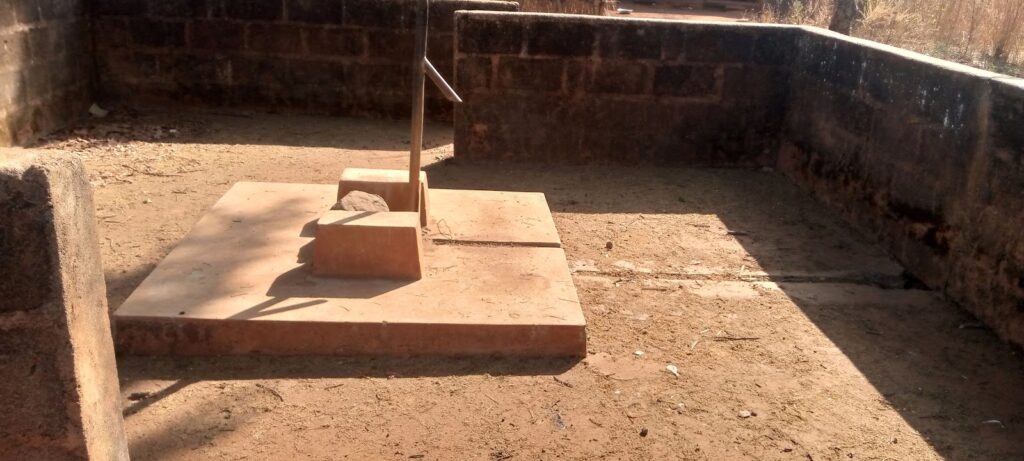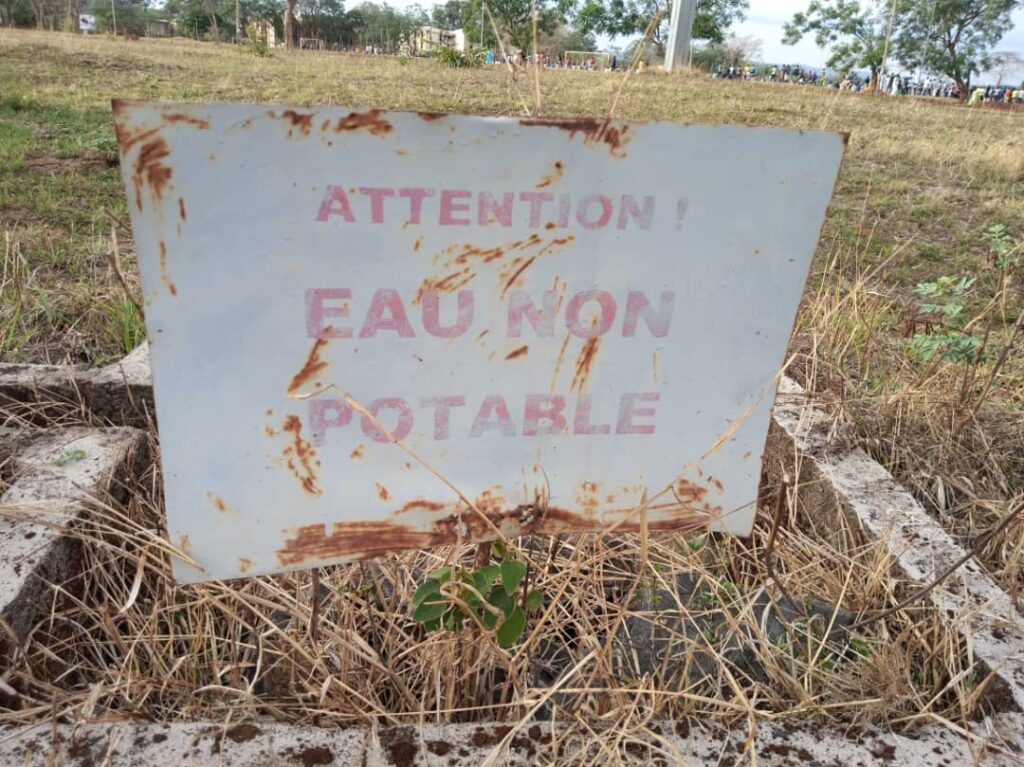Every year, March 22 is World Water Day, chosen by the United Nations in 1993. This day celebrates water and raises awareness of the situation of the 2.2 billion people who live without access to water. safe. Back to access to water in Cameroon.
Is Cameroon concerned?
Although it has immense water resources, access to drinking water remains low in Cameroon, as highlighted in 2018 by the report of the National Institute of Statistics (INS) of Cameroon. It reveals that the average rate of access to drinking water is 77% in urban areas and 45% in rural areas in Cameroon.
The large cities which are home to the majority of the population are 86.2% equipped with drinking water supply systems (DSCE). However, barely 25% of households actually have continuous access to it, according to the National report of Cameroon for HABITAT-III in 2015. In Yaoundé, the country’s capital, less than 30% of daily drinking water needs are covered.
These figures clearly show that Cameroon is affected by difficulties in accessing water. But even with access to water, is it drinkable? The available data generally do not provide physico-chemical and bacteriological information on the waters. Nevertheless, on January 29, 2023, on CRTV, a Cameroonian public radio-television organization, the general manager of the water production and distribution company in Cameroon CAMWATER declared: “ CAMWATER water is drinkable, of good quality and meets standards. »
A statement that had sparked strong reactions in the media and on social networks. According to the commentators, it was a pure lie and a contempt of the populations consuming this water.
And in Cameroonian rural areas?
Unlike urban areas, rural areas are supplied by boreholes. However, the first difficulty in accessing water is the failure of boreholes. According to the Ministry of Water and Energy, of the works currently built, nearly half are generally broken down and a quarter are completely out of order sometimes due to technical and technological choices, in relation to the localities. considered.
Decree 2010/0239/PM transferring competences for the construction and management of wells and boreholes to municipalities is supposed to revitalize the system and facilitate access to water at the community level. However, it is observed that the borehole management committees set up by the municipalities are still unable to ensure the permanent operation of the water points.

Is the water from the boreholes drinkable?
The problem remains the same as in urban areas: having access to water does not mean being able to drink it. According to statement by the Minister of Water and Energy on the occasion of a communication to the National Assembly on June 28, 2022, 57% of rural households in Cameroon have access to an improved source of drinking water according to the criteria defined by the World Health Organization. This statistic suggests that 43% of households in rural areas in the country have no choice but to drink from unimproved water sources.

Beyond this statement, we find that the environmental impact studies are sometimes not carried out by several drilling companies. According to international norms and standards, water quality must be analyzed at specific times of the year in order to detect in time any bacteriological and/or chemical contamination (arsenic, nitrate, fluoride, iron, manganese).
Urgency: change must be accelerated!
Water is life ! The problem of access to water concerns everyone. This is why we must all act TOGETHER. The state, individuals, households and different communities can contribute by using, consuming and managing water in a sustainable way. Every gesture, no matter how small, can contribute to solving the water crisis.
The populations should adopt attitudes aimed at limiting the contamination of the water table and the pollution of surface waters. Governments should also put in place programs to monitor groundwater quality and compliance with water protection measures. It is also necessary that information and education programs for the populations see the light of day, in order to instil in them behavior favorable to the sustainable management of water points.
Civil society organizations must also continue to support the populations and the State in the exploitation and sustainable management of water. We have an opportunity in this generation to unite around the issue of water and step up the pace together.
You can act at your level. Be the change you would like for the world !
